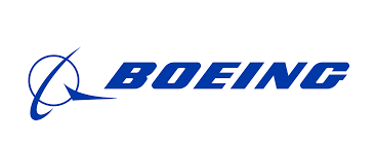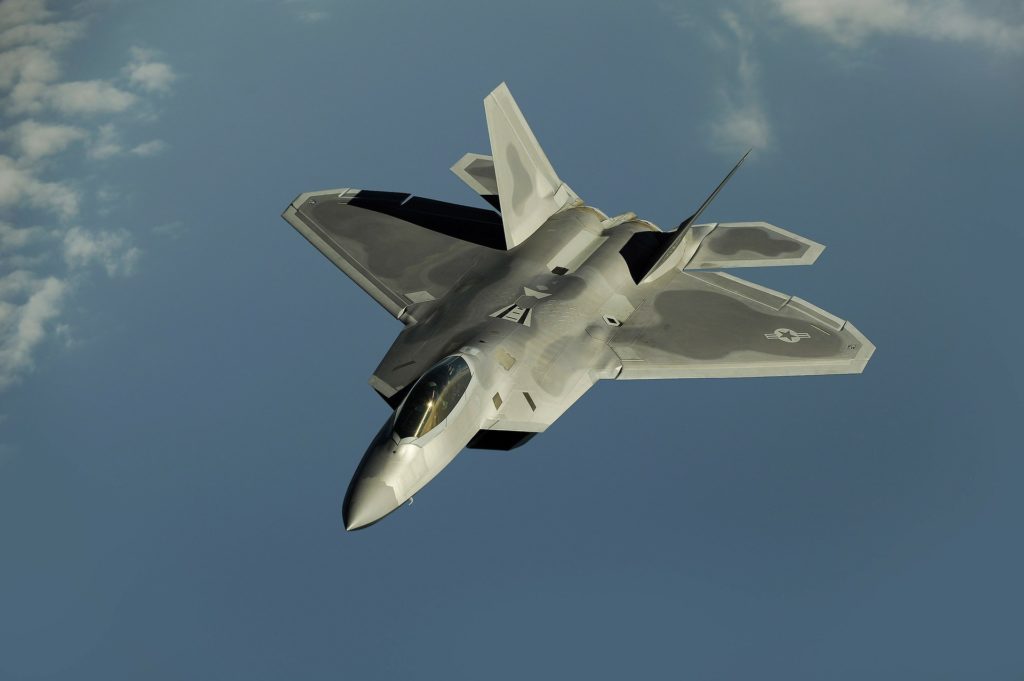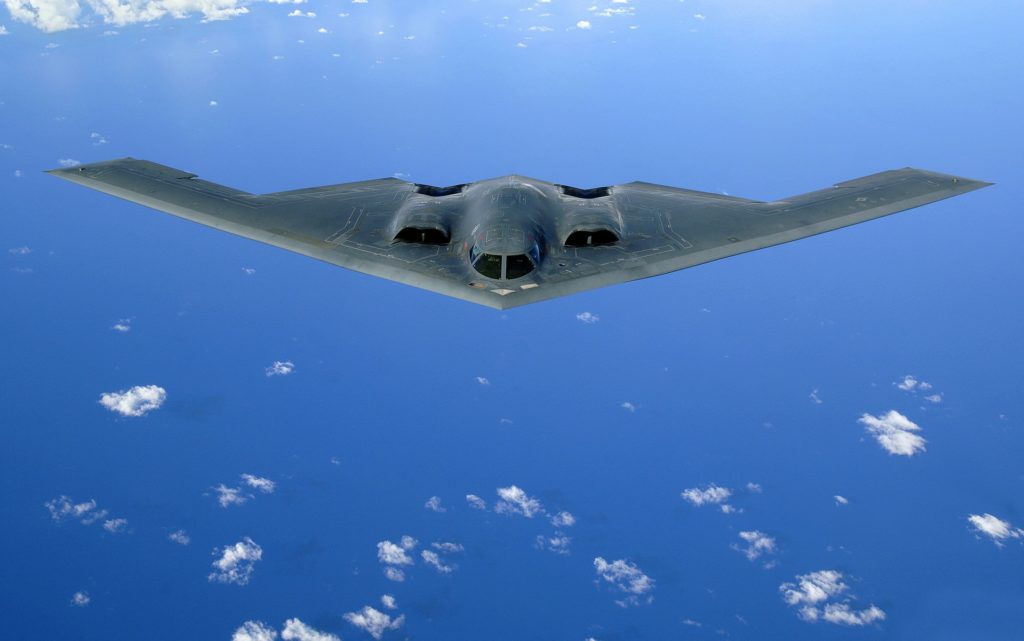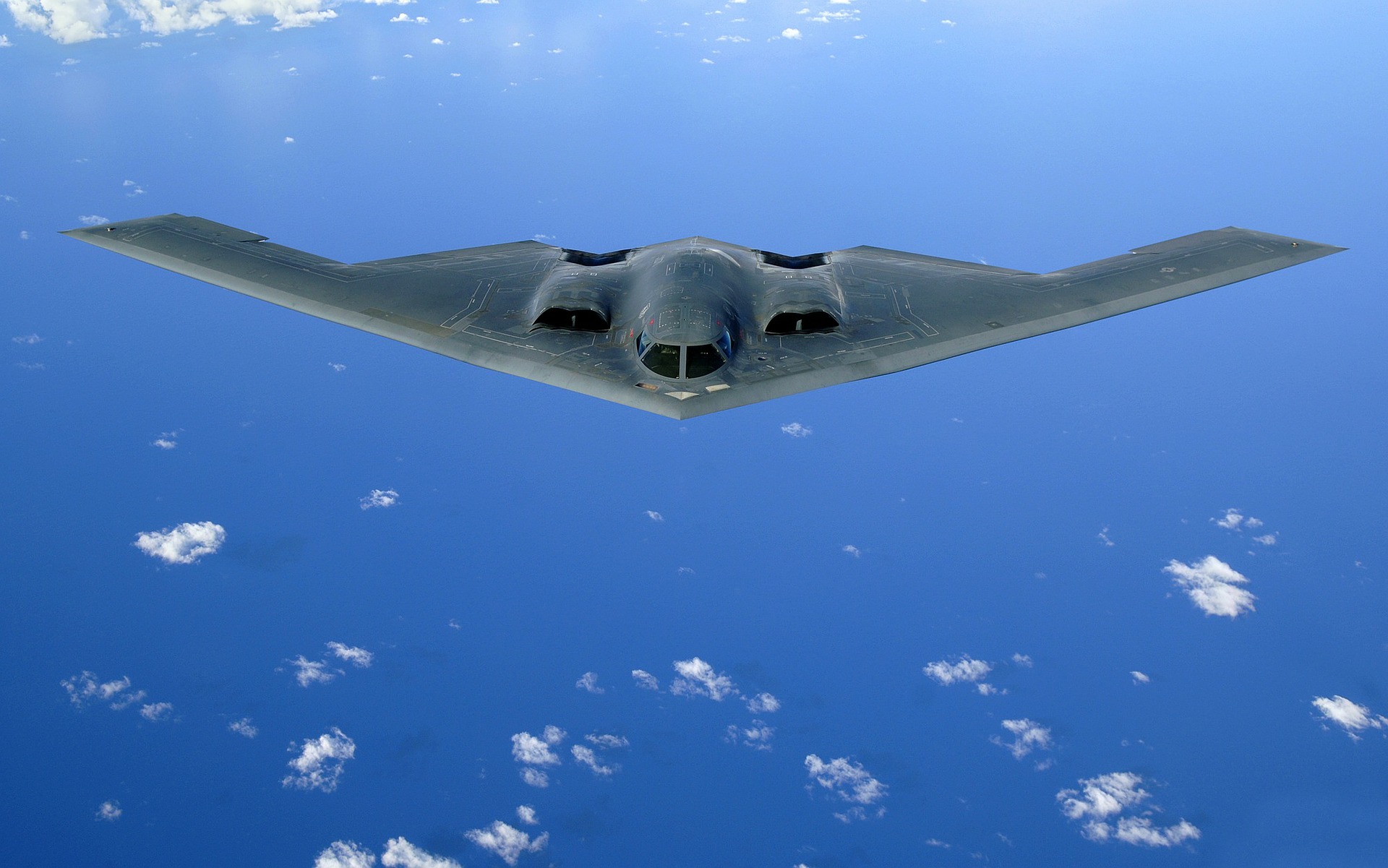How to get a job in the Aerospace Industry
Ultmeche extensively covers the exact steps on how to get a job in the Aerospace Industry.
This includes how to write a resume for Aerospace, how to interview with Aerospace Companies, and how to succeed as an Aerospace Engineer. (And also everything in between) Whether you’re a student, an engineer in the industry, or even a senior engineer looking for more, we’ve got you covered.
Ultmeche provides resources throughout all phases of your Aerospace career starting from when you’re an elementary school student all the way until you are a senior engineer. We’re not born with the knowledge we have, we all start from somewhere. We start off our lives going to elementary, middle, then high school. If we realize quickly we want to go into Aerospace Engineering, we form our extracurricular activities around our career. We work hard in high school, join clubs such as robotics or space, do sports and maintain a social life (important) and build on projects so that we can get to university. Once we get to university, the work doesn’t stop there – we need to make sure we have high GPAs and internships lined up so that when we graduate, we get hired.
The Big 4 Aerospace/Defense Companies To Work For Are:




Northrop Grumman, Raytheon Technologies, Boeing, and Lockheed Martin make up the Big 4 in Aerospace/Defense. These companies are clearly the leaders in the space and are responsible for many critical US Government Programs. Programs such as the F-35, FA-18, B-2 Stealth Bomber to name a few. HUGE Programs. We’re talking billions of dollars of funding. These companies are also expected to see stable work throughout the years. With high tensions in regions such as China, Iran, North Korea, and the Middle East, we don’t expect to see Aerospace and Defense slowing down. These companies also pay their employees very well.

Salary Data From Indeed.com
Why Should You Work For An Aerospace Company?
If you look at the Salary data from Indeed.com up above, the Big 4 Aerospace companies pay pretty well. At entry level, you may expect to see a salary lower than the average…but it’s still good money. The above salaries also give ranges – you get an idea of the lows and the highs. You become an industry recognized expert and you’ll be set to make 200k+ at Northrop.
Aerospace & Defense Programs
Support the nation’s infrastructure through engineering state of the art military aircraft such as:
Lockheed Martin F-35 Lightning II

The Lockheed Martin F-35 Lightning II is a stealth multirole combat aircraft that performs both air superiority and strike missions.
Boeing F/A-18E/F Super Hornet

The Boeing F/A-18E and F/A-18F Super Hornet are twin-engine, carrier-capable, multirole fighter aircraft.
Northrop Grumman B-2 Spirit

The Northrop Grumman B-2 Spirit, A.K.A Stealth Bomber, is a heavy strategic bomber, utilizing stealth technology to get through anti-aircraft defense.
How to get a job in the aerospace industry – simplified:
The simplified version of how to get a job in the aerospace industry is this – graduate high school with a good GPA or go to community college. Transfer out to a recognized engineering school such as Cal Poly, UCLA, USC (if living in California). Once in university, maintain 3.7+ GPA, be active in extracurriculars, join SAE and take on Formula or BAJA as a project, get internships starting freshman/sophomore year. Learn how to write a resume and interview well. Apply to hundreds of job postings on boards such as Indeed.com or Linkedin.
How Can Ultmeche Help You Get A Job?
To get a job, you need to submit online applications. Once that’s done, keep in mind you’re competing with thousands of other applicants for the very same position. If you get lucky, and you will using our resume building methods, you will then start to get calls and emails from a recruiter. These calls from a recruiter typically start as an HR Phone Screening just to make sure you’re normal. You’re not in the clear yet. You need to make sure you have behavioral and technical interviews down. Once that HR phone screen is done, you’ll be set to interview with the Engineering Manager. It’s pretty common to have multiple people interview at once, so be prepared for that. Lots of eye contact and reading body language is necessary.
Once you’ve submitted your applications and aced your interviews, it’s now about salary negotiation. This is a game they don’t teach you in school.
How to handle salary negotiation question in an interview?
Just say something along the lines of:
“So I did some research into the role and saw that the salary was anywhere from $80k-120k
Obviously I feel I deserve the top end of that range, but I also understand that you don’t really know me yet which is why I’m ok with starting with $110k so I can prove my worth and competency”
This sets the frame of the conversation and now your interviewers are expected to play in it. You bring perspective of the salary range across the industry & role.
This doesn’t work just for engineering but in any industry.
Offer accepted? Now you need to know how to perform so you can get considered for promotions and make even more money. Develop competence and provide value in meetings – your talents will get noticed and your colleagues will think highly of you.
Landed a job in Aerospace Engineering?
You can finally sleep well at night, knowing that your work impacts state of the art national security systems that uphold the safety of civilians worldwide through military aircraft WHILE getting paid well. The work does not stop here though. You will start as an entry level associate engineer, and will be at the bottom of the food chain. You will need to work your way up and understand the politics game. Aerospace Engineering is a very bureaucratic industry. Lots of processes and procedures to follow. Develop competence in your career as fast as you can so you can contribute and provide value to the company.
Pros of working in the Aerospace Industry
US Defense Budget (2000 – 2021)

The Aerospace and Defense industry will see steady work. We anticipate the US defense budget to continue this trend. With the US having adversaries such as Iran, China, North Korea, Russia, along with tensions in the Middle East, we don’t see the US backing off on defense spending. This will create a domino effect, as other countries such as Canada and India need to focus on defense as well. This is good news for Aerospace companies such as Northrop Grumman, Raytheon, Boeing, and Lockheed Martin as they will see steady work.
Cons of working in the Aerospace Industry
Bureaucracy
There are too many hoops to go through to get something done. You will need to email 10+ people for simple tasks like moving parts around or receiving stock. A drawing revision will take about 2 months for the engineering team to do as there are many processes and stakeholders involved. Overall, too much inefficiency in operations. The bureaucracy and processes/procedures are all there for a reason though which is ultimately safety and product integrity.
Traditional Mindset
There are many workers in these companies that are in their 50’s and 60’s (baby boomers). Management is full of “baby boomers” and along with that is the traditional mindset. Too much micromanaging goes on. While many new start ups and tech companies adopt a better approach to work-life balance, the mentality is still very “traditional” for Aerospace and Defense companies. Take this as you will. Aerospace and Defense companies are slower when it comes to progressive trends such as Work From Home.


